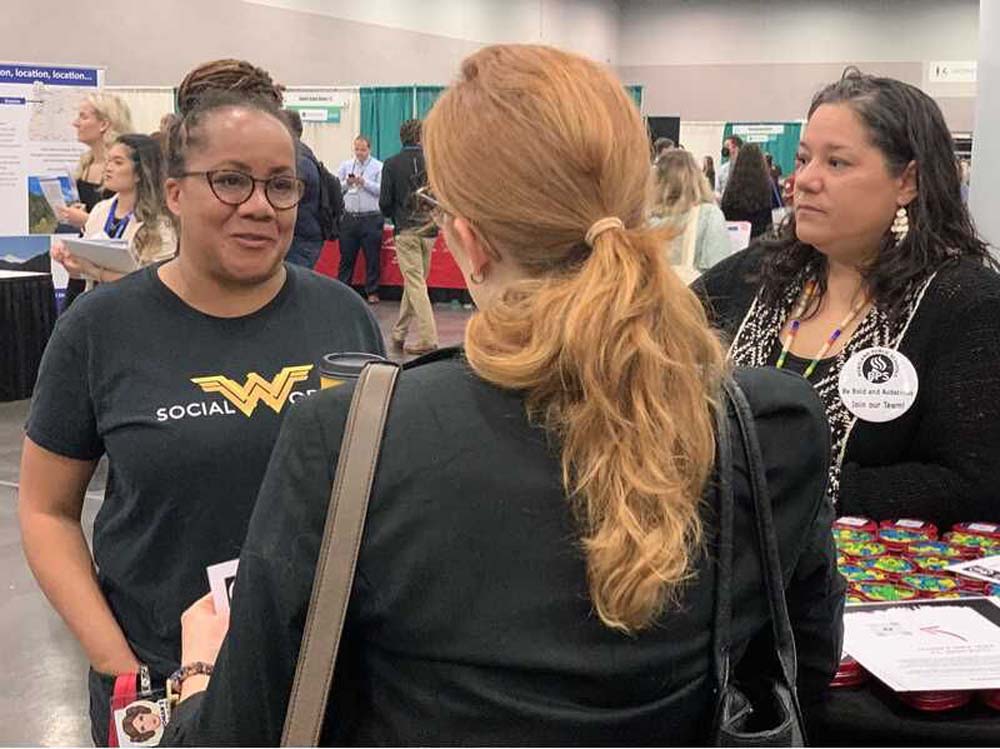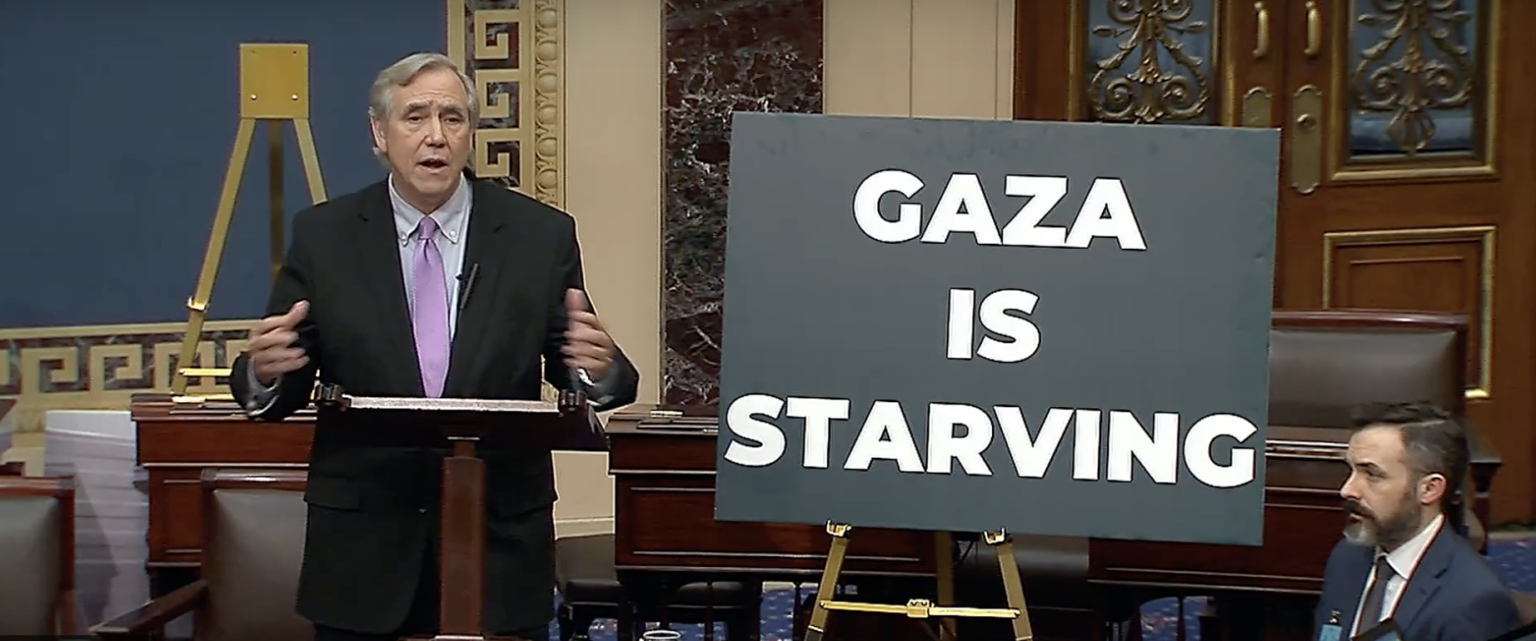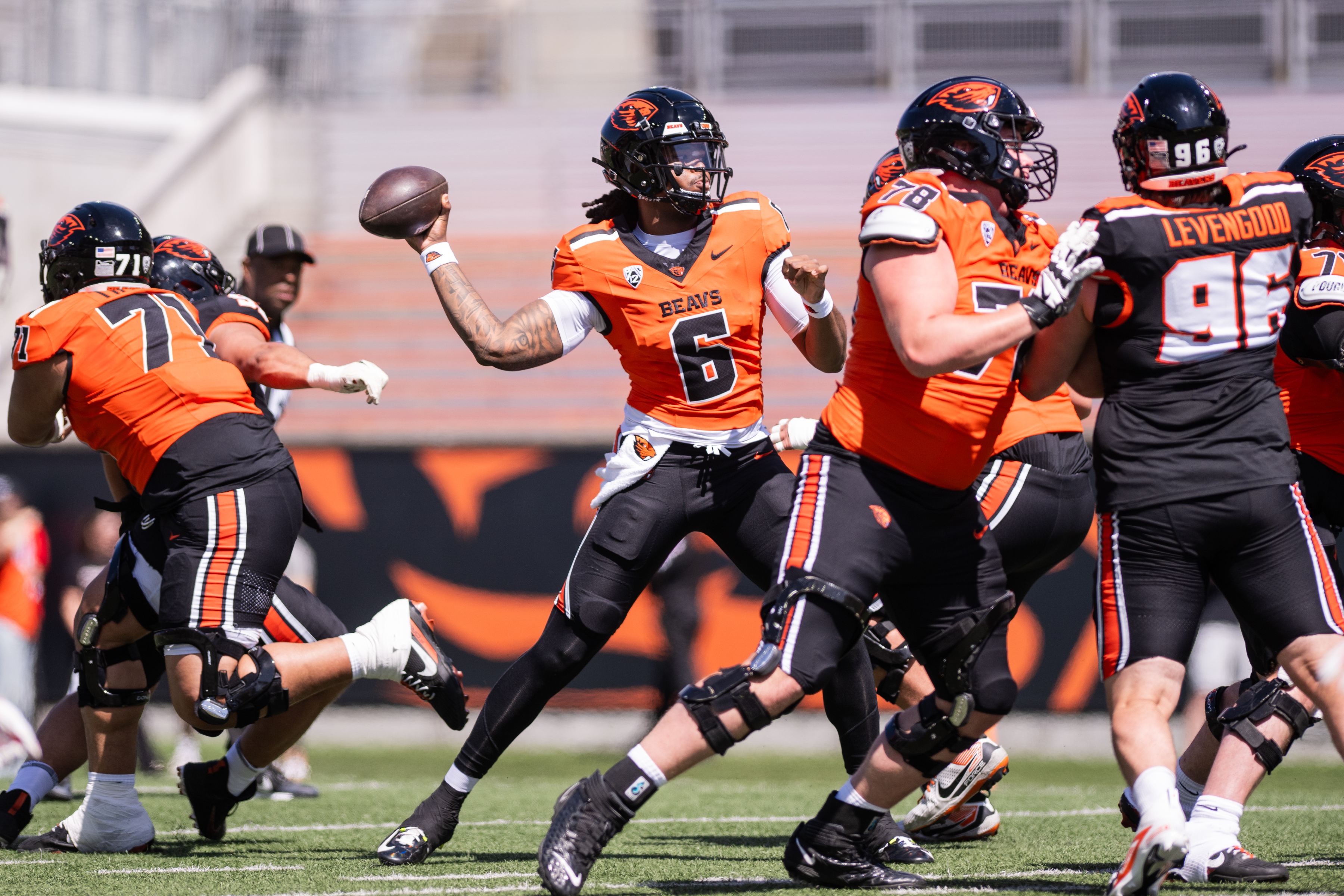PPS boosts incentive pay for substitute teachers
Published 12:00 am Wednesday, August 24, 2022

- Portland Public Schools employees talk to prospective permanent and substitute teachers during a 2022 job fair. The school district will offer increased incentive pay for substitute teachers who agree to fill in at hard-to-staff locations.
After a school year plagued by teacher absences, Portland Public Schools is increasing its incentive pay for substitute teachers at certain schools.
Trending
The PPS Board of Education voted 5-1, Tuesday, Aug. 23, to increase the amount of extra pay substitute teachers get by $35 for a full day and $25 extra for a half day. Vice Chair Gary Hollands was the lone “no” vote and board member Michelle DePass was absent.
Subs who agree to fill in at schools with historically low “fill rates” will get the boost in pay as a way to make sure schools are adequately staffed during teacher illnesses or other emergencies. The extra incentive pay will apply to 25 PPS schools that typically have a hard time finding subs.
Last school year, substitute teachers were given an extra $15 a day if they agreed to work at hard-to-fill campuses, or an extra $10 for a half day. Now, they’ll get $50, or $35 for a half day, on top of the regular pay. Substitute teachers at PPS get $233 for a full day or $116.51 for a half day, with higher daily pay for those who take on extended assignments.
Trending
PPS’s chief of human resources, Sharon Reese, said offering extra money will help “stabilize staffing at schools that have low fill rates.”
During the 2021-22 school year, PPS struggled to find emergency staffing for many of its school sites, leaving principals and even front office administrators to fill in as substitute teachers when no one else was available to supervise students in a classroom.
According to staff, PPS was able to find fill-in teachers 94% of the time in 2018-19, but last year, PPS had a 77.8% fill rate, with 17 schools reporting a rate of less than 70%, meaning they were unable to find substitute teachers more often. Most of them were Title I schools and/or middle schools, district staff noted.
In an effort to increase the substitute teacher pool, the district relaxed its minimum qualifications, allowing anyone with a high school diploma to apply rather than requiring a four-year degree. District leaders said they will extend the relaxed credentials through the upcoming school year.
Despite most board members agreeing that the substitute teacher shortage required immediate action, not everyone agreed on how to fix the problem.
“When I talk to teachers who have been in the district 20 to 30 years, this is not recent,” Hollands said. “This has been a long-term problem for this district for decades.”
Board member Herman Greene suggested the district crack down on subs who routinely reject certain school sites, saying they should be given three chances to accept assignments before not being asked back. Greene also suggested the district investigate whether some teachers are routinely calling out for reasons other than illness or emergency.
“I want this ended,” Greene said of the temporary staffing shortage. “This is the season where we need to be hard and we need to be intentional about the (needs of) our kids.”







